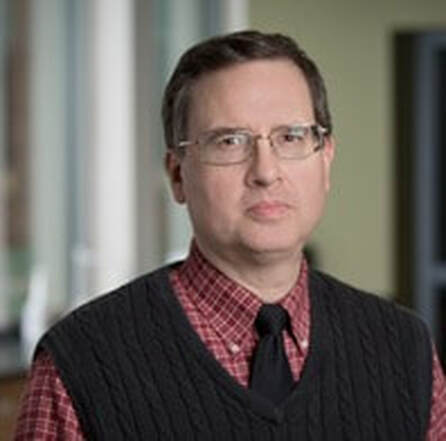March 2 at 11AM:
|
A native of St. Louis, Missouri, Dr. William (Bill) Blaker received his bachelor's degree in chemistry from Washington University in St. Louis and his Ph.D. in biochemistry from the University of Missouri. Dr. Blaker received postdoctoral training on brain function at the University of North Carolina - Chapel Hill and at the National Institute of Mental Health in Washington, D.C. He was subsequently on the faculty at Virginia Tech and then at Furman University in South Carolina. Before semi-retiring a few years ago, he had taught and done research for 39 years on brain function (particularly on short term memory) at the biochemical, pharmacological, anatomical, and behavioral levels. At Furman University, he founded and headed the Neuroscience Degree Program, and for many years taught the course "Brain and Mind" in conjunction with the Biology, Psychology, and Philosophy Departments. He is currently an adjunct faculty at Glendale Community College where he teaches Human Anatomy and Physiology.

